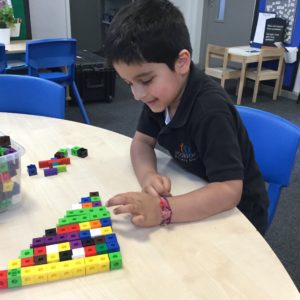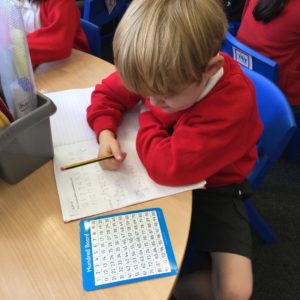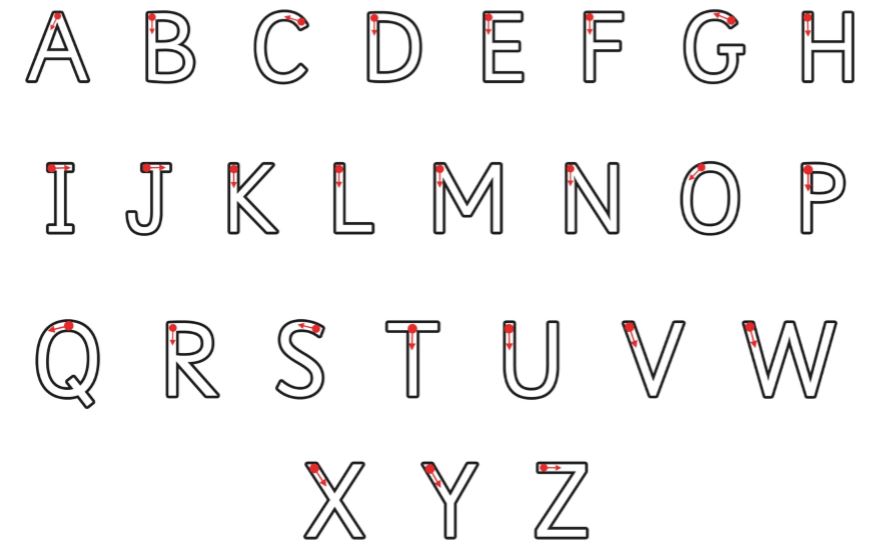For the start of this half-term, our Living and Learning focus is the ‘8 Rs for learning’. This is about promoting good learning behaviour for your child.
In class, the children will focus on different ‘Rs’. We use an animal to symbolise each ‘R’, which might help your child remember all eight – can your child remember which animal matches the correct ‘R’?
You can support your child at home – we’ve listed a few ideas to help you below. Ask us if you’ve any questions or comments.
Download top tips for promoting the 8Rs for good learning behaviour.
Risk taking
Talk about the difference between a safe and unsafe risk. At school, we want your child to take a safe risk by having a go at answering, even if unsure; trying something new and attempting harder learning.
Responsibility
Provide time and space at home so your child is able to organise themselves: their PE kit, reading book, homework, spellings and tables… Don’t organise everything for them!
Make a link between rights and responsibilities: your child has the right to a great education, but needs to be responsible for their own learning.
Responding
This could be responding to their teacher in class or responding to feedback in their learning.
Ready
Make sure your child is at school on time for a prompt start.
Make sure your child has had plenty of sleep so they are alert and ready to learn at all times.
Encourage your child to ask lots of questions – that shows they want to learn!
Resourceful
Encourage your child to be organised so they can play with a range of different toys.
Encourage your child to try new ways to solve a tricky problem.
Resilience
Encourage your child to keep going! Set a tricky challenge or puzzle for your child to do.
Encourage your child to think of different ways of doing things.
Don’t let your child win when they play a game – they need to experience losing, too!
Celebrate mistakes as opportunities to learn – be happy that your child found some learning hard and encourage them to ‘bounce back’ and learn from the experience.
Relate this ‘R’ to Humpty Dumpty and our current whole school topic, After the Fall.
Remember
Make sure they have time to learn spellings, number bonds and times tables – a little practice daily is best.
Play memory games:
Kim’s game: show them objects for 30 seconds… can they remember all the objects?
Can they build up the sequence, ‘I went to the shop and I bought an apple’… ‘I went to the shop and I bought an apple and a bike.’… ‘I went to the shop and I bought an apple, a bike and a cucumber.’ etc … Take turns!
Reflect
Talk with your child about what they’ve learnt, asking questions about how they learnt, why they learnt it, when they’ll use their learning, how they would teach this to someone else, what learning might link with what they’ve learnt today…
This week, children will have the opportunity to not only reflect on their learning in general but also reflect on how the 8Rs supports their learning.
Of course, these characteristics are referred to throughout the year across all subjects to promote good learning behaviour.






